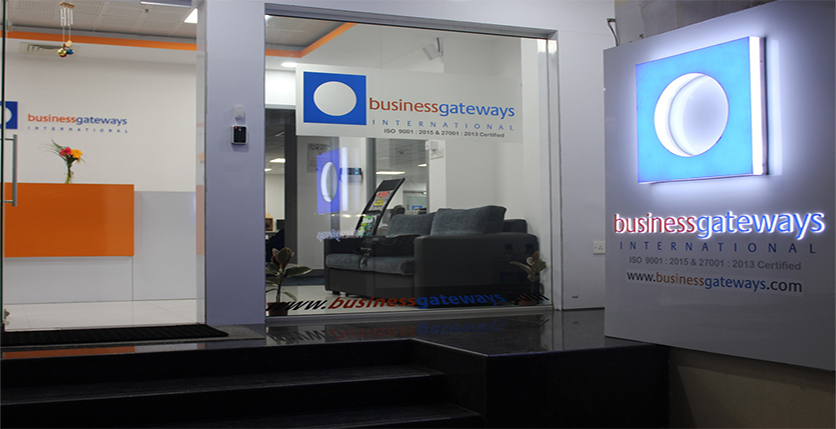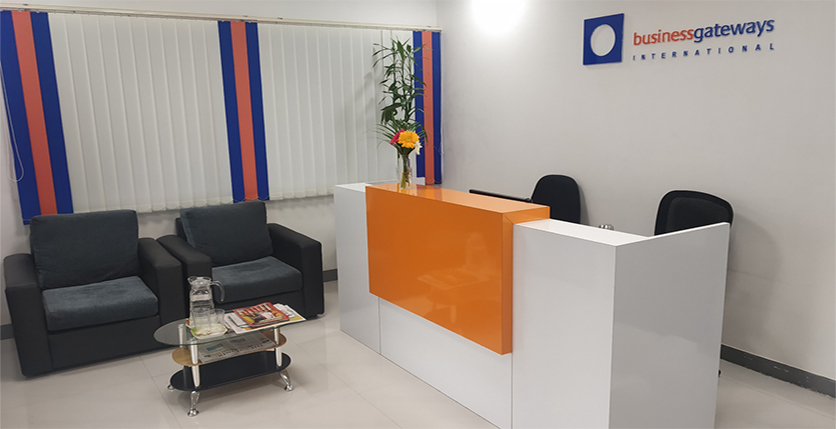Blockchain, one of today’s most popular emerging technologies, has begun to reshape how we manage and secure our data in an era when privacy and security are becoming increasingly important. Blockchain-based platforms can provide increased transparency, more efficiently organised data, and the ability for people to gain access to only the parts of the data that they require.
As the importance of sustainability and transparency grows in today’s world, Blockchain technology provides a solution for giving customers confidence in the products they purchase. With blockchain, it is possible to track goods throughout the supply chain, from their origin to their final destination in the hands of the consumer. This allows producers to better track what is happening with the product and makes the supply chain much leaner. Overall, the supply chain as a whole can be much more efficient, benefiting all parties involved, from the producer to the end consumer. Heineken has already taken steps to incorporate blockchain into their supply chain, demonstrating how scanning a QR code on a bottle can provide information about the entire environmental footprint of the beer bottle.
Blockchain technology can make it easier to track product sales and adjust product distribution as needed, resulting in less food waste. Implementing blockchain can speed up the shipping process and waste less of a product’s shelf life in the supply chain, which can help contribute to lower food waste. When researchers first attempted to determine which farm a particular mango originated from, it took them about 7 days to get an answer. Using blockchain enabled them to significantly accelerate this process, and determining the origin farm took only seconds. With this speed, determining the exact location of a potentially recalled product and removing it from store shelves is much easier, potentially within minutes of a recall as a result, consumer safety is improved.
The automotive industry stands to benefit greatly from blockchain, as new blockchain-based platforms can assist businesses in selling new services to consumers. With blockchain, it will be much easier to view a vehicle’s complete history at any time, including information such as previous owners, maintenance history, and so on. It may also become much more difficult to tamper with a vehicle’s odometer, as a blockchain-based solution to log the mileage of the vehicle can be implemented. This information can also be used to more precisely define the value of a vehicle. Blockchain makes it easier to execute agreements and transactions in real time, allowing users to safely monetize car trips, which is important as market demand for ridesharing grows. Payments can escalate a blockchain-based platform would make it much easier for users to pay for tolls, parking, electric vehicle charging, and other services. Finally, blockchain can help to improve vehicle safety by providing secondhand owners with information about recalls. Currently, car manufacturers typically only know who purchased the vehicle from the dealer, not anyone who may have purchased the vehicle used.
Another application of blockchain is in the luxury goods market. Because blockchains are designed to be transparent, any product tracked on a blockchain can be traced all the way back to the raw material’s acquisition. This gives customers confidence in the authenticity of the product and ensures that it was made ethically. This also reduces the possibility of fraud because all goods can be traced and it is possible to determine whether a specific item is a stolen good or not. Luxury brands, such as Louis Vuitton, are already attempting to incorporate this through the new AURA platform [4]. When purchasing something of high value, such as diamonds, this is critical. Buyers can confirm their authenticity as well as whether they were sourced ethically or not.
The issue of safety is one of the most significant constraints that exists as we continue to shift things online, including identification information. Hackers could gain access to this information. In the future, it is possible that someone’s identity could be verified without the need to view that information. Someone, for example, can determine the validity of your date of birth without knowing the exact date. Rather, they would simply examine the signature to confirm its authenticity (for instance, a signature from a trusted party such as a government agency). People would benefit from increased privacy in the future because they would no longer have to share specific details with others, but only proof of authenticity via blockchain.
Blockchain’s increased security, privacy, and convenience make it very appealing in the healthcare industry. Patients can gain new levels of control over their data, such as granting researchers access to specific parts of their data for a set period of time. The transparency provided by blockchain can also help to reduce the prevalence of counterfeit drugs and hold people accountable if they incorrectly prescribe drugs to someone they shouldn’t.
Blockchain has the potential to transform how we interact with the Internet of Things in the future. Because blockchain-based platforms are based on peer-to-peer connections, and because IoT products are constantly in need of communicating with one another, these new platforms are far more scalable in infrastructure size than a traditional server-client system. Because blockchain updates information in real time, it can help pave the way for increasingly smarter products in our daily lives, including smart cities. To control traffic flow, roads can open and close lanes in real time.
Overall, blockchain will have a significant economic impact because it will help reduce the time and cost associated with securely transacting information. Transparency provided by blockchain also contributes to increased trust between transacting parties. Finally, blockchain helps to govern the extent to which data is visible to specific parties, encouraging industry players to share data within their respective ecosystems.


















